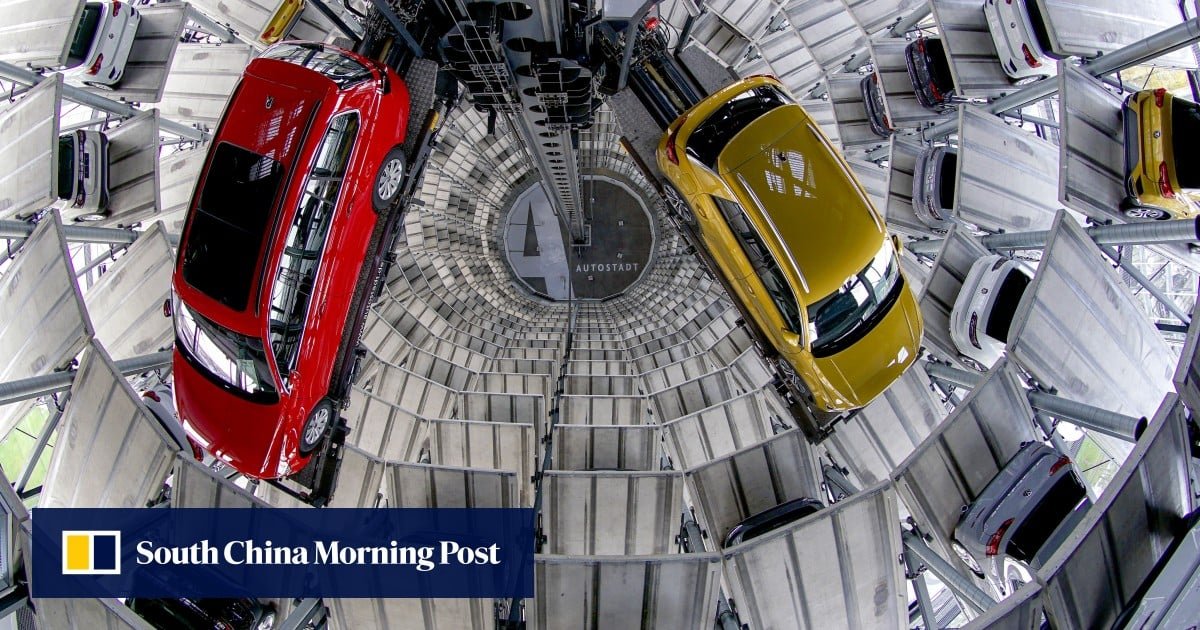
Last week, Volkswagen chief executive Oliver Blume said the group was considering closing a large vehicle plant and a component factory, amid stiff competition from Chinese rivals.
“The European automotive industry is in a very demanding and serious situation. The economic environment became even tougher, and new competitors are entering the European market,” he said, while also pointing to Germany’s comparative weakness as a manufacturing location.
For economists and analysts, it is the latest symptom of the rapid march of cutthroat competitors from China, at a time when European companies are struggling with rising energy costs associated with decoupling from Russia, and grappling with an increasingly volatile geopolitical picture.
Sino-German relations analyst Noah Barkin, from the Rhodium Group research house, said Germany’s economic success in the first two decades of the 21st century was built on three pillars: “cheap energy from Russia, an open global trading system, and highly competitive industrial products”.
“In the span of a few years, the first pillar has collapsed and the other two are showing deep cracks,” he said.







